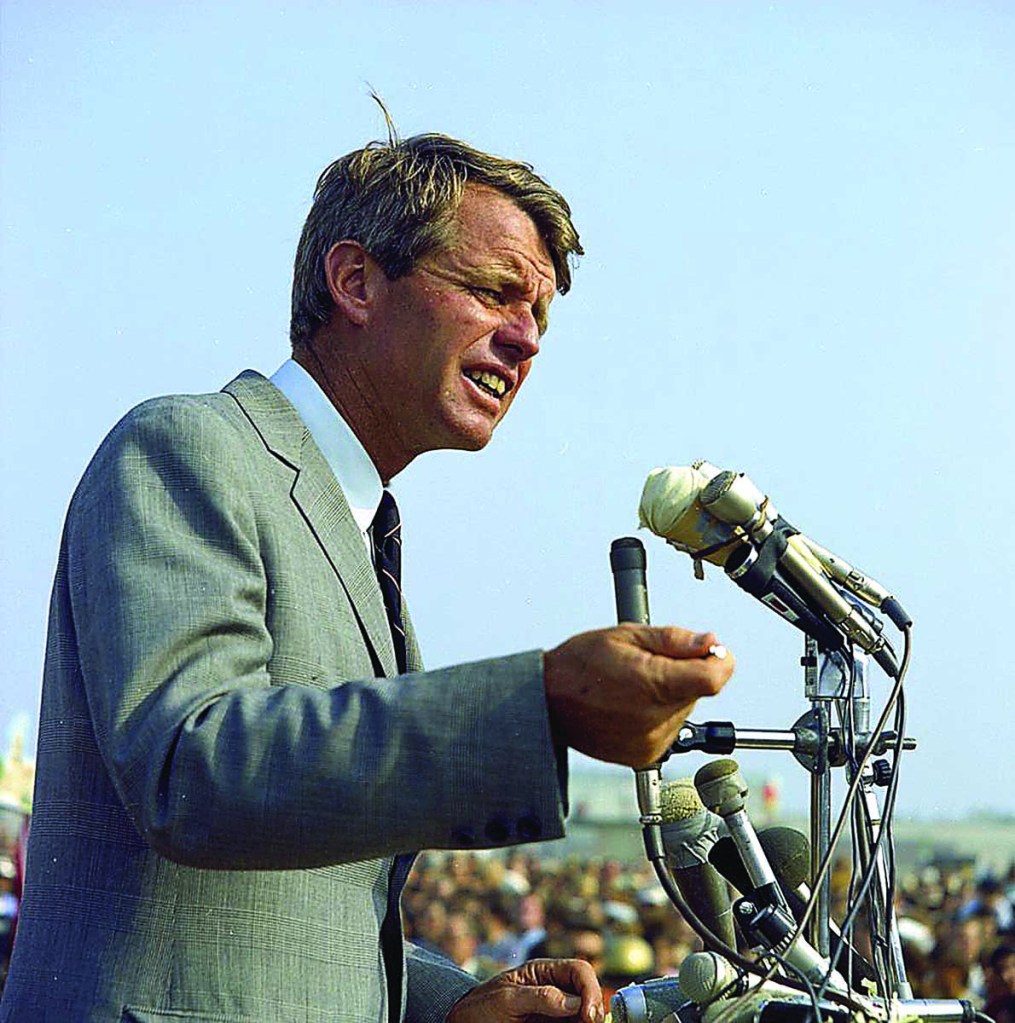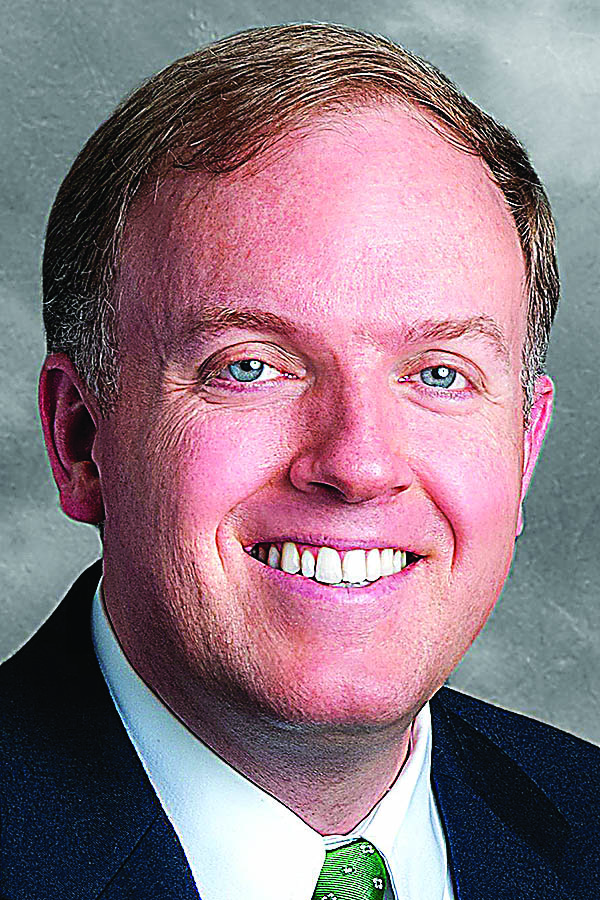Bobby Kennedy’s ‘other election’ win that fateful night 50 years ago
Published 1:18 pm Monday, June 4, 2018

- U.S. Sen. Robert Kennedy campaigns in California three days before his assassination on June 5, 1968.
Tennessee Williams wrote in “The Glass Menagerie” that time is the longest distance between two places.
It was ever so June 5, 1968, in Pierre, South Dakota, for this young wire service reporter covering that state’s presidential primary as the final results dribbled in and the clock neared midnight central daylight time.
Two hours behind and 1,500 miles distant in Los Angeles the nation was fixated on the uncertain outcome of the California primary, considered a crucial test for New York Sen. Robert F. Kennedy’s bid to win the Democratic nomination.
In Pierre, the South Dakota capital, myself and two UPI colleagues rushed to file the story on the significance of Bobby Kennedy’s upset win over Vice President Hubert H. Humphrey in his native state.
Stimulated by the excitement of a national story, and typing to the rat-a-tat-tat rhythm of the 66-word-per-minute teletype machine, it had the feel of an early career dream.
A wire message from the home bureau in Chicago — “need sappest (lingo for as soon as possible) … big story in East …. California results too late for deadlines”– underscored the urgency of the moment.
Kennedy finished 20 percentage points ahead of Humphrey, whose ballots were officially attributed to President Lyndon Johnson, who surprised the nation earlier by dramatically announcing he’d not seek re-election. Humphrey quickly became a candidate but it was too late to reprint the South Dakota ballots.
Kennedy also easily defeated the third-place finisher in South Dakota, Sen. Eugene McCarthy, the darling of the party’s left who had long opposed Johnson’s war policies.
Humphrey was born on the South Dakota prairie, the son of a pharmacist. His political career, however, blossomed in Minnesota, where he helped birth the Democratic Farm Labor Party and thrice won election to the U.S. Senate.
His South Dakota roots were expected to give him the edge over Kennedy and McCarthy. But Humphrey was also viewed as a Johnson loyalist to the unpopular Vietnam War, and Kennedy promised to end U.S. involvement in the war.
Wrapping up the Kennedy victory stories shortly after 1 a.m. CDT and getting kudos from Chicago on the promptness of our stories, the UPI election crew drove across the Missouri River to Fort Pierre for a nightcap. Fort Pierre was an hour behind Pierre, meaning the bars there were open for another hour.
Arriving as the bartender announced last call, we ordered up and lingered at the bar, watching the CBS report of Kennedy’s California election victory speech at the Ambassador Hotel in Los Angeles.
But soon the network’s reporting took a dreadful turn — shots fired in the hotel’s kitchen had seriously wounded Bobby Kennedy. He died several hours later.
Memories are naturally foggy after 50 years, but I recall the bartender turning up the TV’s volume, and expressions of disbelief — such as “God, not again” — dominating the conversation.
Was it really happening? Another assassination attempt nearly five years after President John Kennedy, Bobby’s older brother, died from a sniper’s bullet to the head in Dallas? And two months after the assassination of Martin Luther King Jr. in Memphis?
It was yet another dark day in America.
Abruptly, the outcome of the South Dakota primary became an asterisk in political history – instantly lost in time as the longest distance between two places.
Bill Ketter is senior vice president of news for CNHI. Contact him at wketter@cnhi.com.





